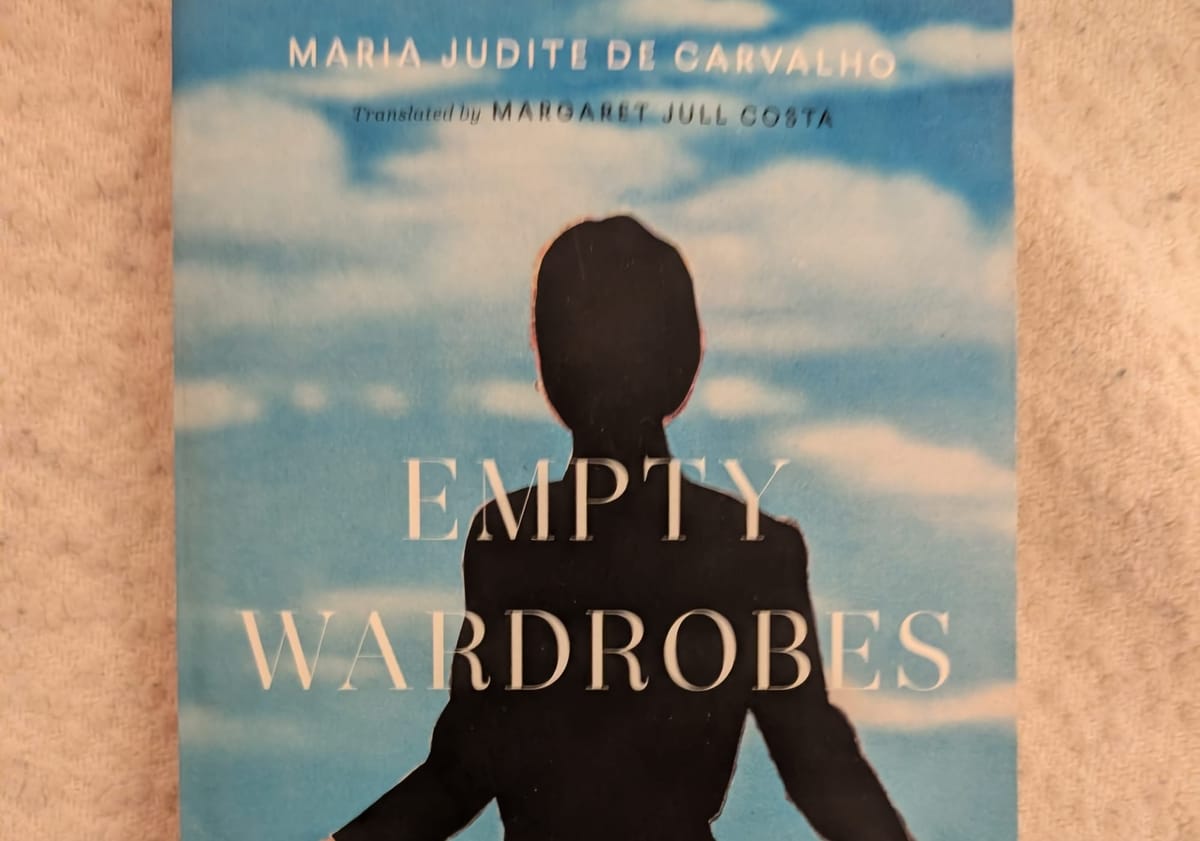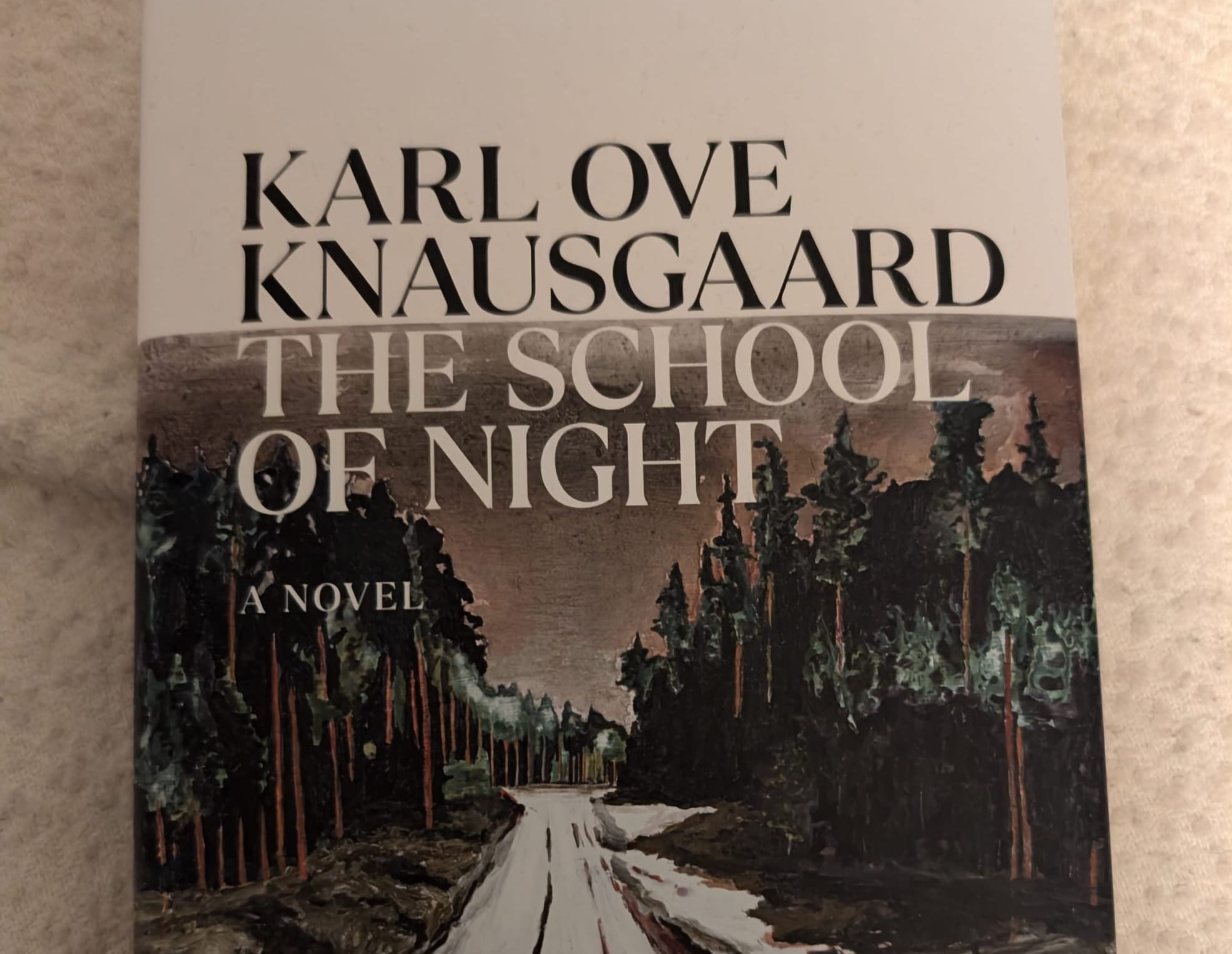2025 in reading

All year I kept hearing that 2025 was kind of a crap year for publishing. There were no “big” books this year, books like All Fours and Martyr!. It seemed that everyone was obsessed with those two in 2024, and I was too, happily. But in 2025, nothing seemed to stick.
That said, I still read widely. I still found new book loves, including one that is my new coup de coeur, a book I will yell about forever more. From a generally unexciting year, here were the reads that stood out to me. Not many of them were actually published in 2025.
Novels I was obsessed with in 2025
Empty Wardrobes by Maria Judite de Carvalho, translated from Portuguese by Margaret Jull Costa
Dora is a young widow, aged by mourning but also Iberian patriarchy. Empty Wardrobes shows her ugly sadness, her desperate attempts, her beautiful successes, and her crazy. I love a work in translation, especially one that rails against the patriarchy and features a doomed love/lust story.
The Book of Disappearance by Ibtisam Azem translated by Sinan Antoon
The last Billy was all about The Book of Disappearance and the need to read Palestinian fiction. In response to that piece, I was asked what to read next. I’ll be picking up Minor Detail by Adania Shibli, translated by Elisabeth Jaquette.
Eurotrash by Christian Kracht translated by Daniel Bowles
Go on a psychotic wealth adventure with insane characters that are completely unlikeable. It’s zany but not in a silly way, in a poignant way. Did I sell it?
Glorious Exploits by Ferdia Lennon
This book is like Circe or The Song of Achilles if they were acerbic and dark in a way that appeals to my world view. There is a hopefulness and belief in the human capacity to care that stops it from getting too twisted. Humour in the face of horror is the vibe in Glorious Exploits, and it's one I take with me into 2026.
My Friends by Hisham Matar
I alluded to a book I will yell about forever more This is it. My Friends tells the story of a group of Libyan exiles in London from the late 80s up to the Arab Spring. It is a tender portrayal of friendship, but it also showed an example of resistance in the face of authoritarian threats at a moment when I really needed it. 2025 was a terrible year across the globe, and stories of resistance in all its facets–from bold to quiet–are so necessary.

The big classic beast
Every year I read a big book, one that I should read. Generally, I try not to be led by what I should read. That’s why there’s only one per year. In 2025, I read Middlemarch by George Elliot and my world stopped. It is THE masterclass in world building, and THE exemplar of putting the day-to-day in foreground of world events. Okay I did it. I read Middlemarch.
Best Non Fiction
Knife by Salman Rushdie
Salman Rushdie’s stabbing was international news in 2022, as has been much of his career. In Knife, we get a look at his interior struggle with death, recovery, fear, and facing an enemy. It is also the story of love and family support. Pro tip: listen to the audiobook read by Rushdie himself.
Stiff by Mary Roach
I have a lot of facts about dead bodies now.
One Day Everyone Will Have Always Been Against This by Omar El Akkad
Okay, this is one of those books you should read. It’s an urgent meditation on journalism, its power and weakness, in the face of cataclysmic and destructive events. Take this line with you: “How does one finish the sentence, “It is unfortunate that tens of thousands of children are dead, but…”"
Looking forward to 2026
Where 2025 was widely seen as a dud, I have heard nothing but excitement over the big books of 2026
The School of Night by Karl Ove Knausgaard
I was obsessed with the My Struggle series and I’m obsessed with the Morning Star series.
A Mask the Color of the Sky - Bassem Khandaqji
Country People by Daniel Mason

Why so many dudes?
This list has a lot of dudes in it. That’s odd for me. I can’t explain it.